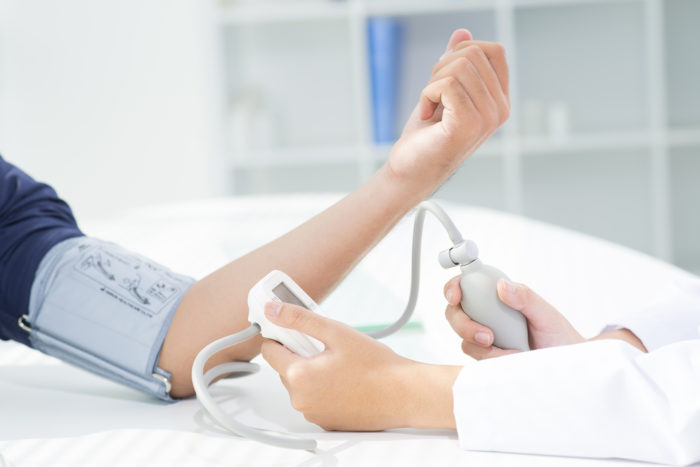How to Raise a Resilient Teen in a Pandemic
How to Raise a Resilient Teen
in a Pandemic
Joy Rojas
Counseling psychologist Lissy Puno offers answers in the webinar “Mental Health and Resilience of Parents and Children”
Since the pandemic began in March 2020, the world has recorded over 230 million confirmed cases of COVID-19, and counting.
The thought that the virus can infect even the fully vaccinated individual, and how it continues to mutate into potentially fatal variants is creating overwhelming fear and anxiety. If we are not careful, this can create mental distress leading to mental illness.
“According to the World Health Organization, anxiety is the most common mental illness in the world, affecting millions of people. It’s now the world’s leading mental health disorder, overtaking depression last year,” says Filipina counseling psychologist Lissy Puno. Puno has extensive experience promoting psychological health and emotional wellness in the United States, Thailand, Malaysia, the Philippines, and in her International Counselling and Psychology Centre in Singapore, where she is based. She recently spoke about “Mental Health and Resilience of Parents and Children” in a webinar conducted by Centre Medicale Internationale (CMI) for one of its valued partners.
Young and anxious
Constant exposure to the stresses of COVID-19 (from news of family members getting sick or dying, to the limitations of strict lockdowns and “new normal” practices like online education) coupled with the stresses of their particular age group have made teenagers as vulnerable to anxiety as adults. According to Puno, the average age of onset of depression in the 1980s was 29. Today, it’s 14; tomorrow, who knows?
Puno notes that most teenagers these days are highly functional despite feeling lonely, angry, or anxious. Thus, it’s up to parents to be aware of behavior that could actually be red flags—or a muted cry for help.
Check their moods. Intense anger, sadness, or isolation is an obvious sign that something’s wrong. Emotional dysregulation can bring about significant distress. A balanced mood is the goal, says Puno, “that they’re not only happy and they’re not only sad but they can manage these feelings to maintain healthy functioning.”
Watch for behavioral changes. Eating and sleeping too much or too little, wanting to be left alone, staying online longer than usual, secretly communicating with someone, having difficulty staying focused, experiencing headaches, stomach pain, and other signs of physical discomfort may be manifestations of worry and anxiety. If unaddressed, “they might be moving towards an unhealthy way of coping.” she warns.
Be mindful of your actions. Worrying about unpaid bills, losing a job, catching COVID-19, poor Wi-Fi connection in a work-from-home setup, caring for a sick loved one—the stresses of the pandemic go on and on. Teens can pick up on your anxiety and make it their own, while others might even blame themselves for what you’re going through.
“Some people who work from home are confused about the boundaries of work and family,” says Puno. “We have our helpers talking to us while we’re in a meeting or our children feeling frustrated because they can’t talk to or play with us. You and your kids have been in a state of 24/7 alertness, danger, loss of safety, and loss of connection due to social distancing and lockdown limitations.”
Resilience
For Puno, resilience—“the umbrella that will shield us from a rainy day, the attitude that will help us bounce back when things don’t go our way, the capacity to recover from difficulty”—is key to flourishing post-pandemic.
“From ages 0 to 7, your children are actively being taught to be resilient. From ages 8 to 12, your children are watching you become resilient. And from ages 13 to 18, your children are inspired to be resilient through the stories you share with them,” she says.
How to instill resilience in teens? By being a model of resiliency.
In time, resilient parents raise resilient teens. “That’s why the parent-child relationship is so important,” says Puno to prepare them for the demands that life may bring.”
At CMI, adolescent medicine and mental health are included in its roster of services. Consult with a board-certified specialist by phone, by video, or in person. Call today at 0927 931 7194 or email experience@cminternationale.com.
Published 26 October, 2021




